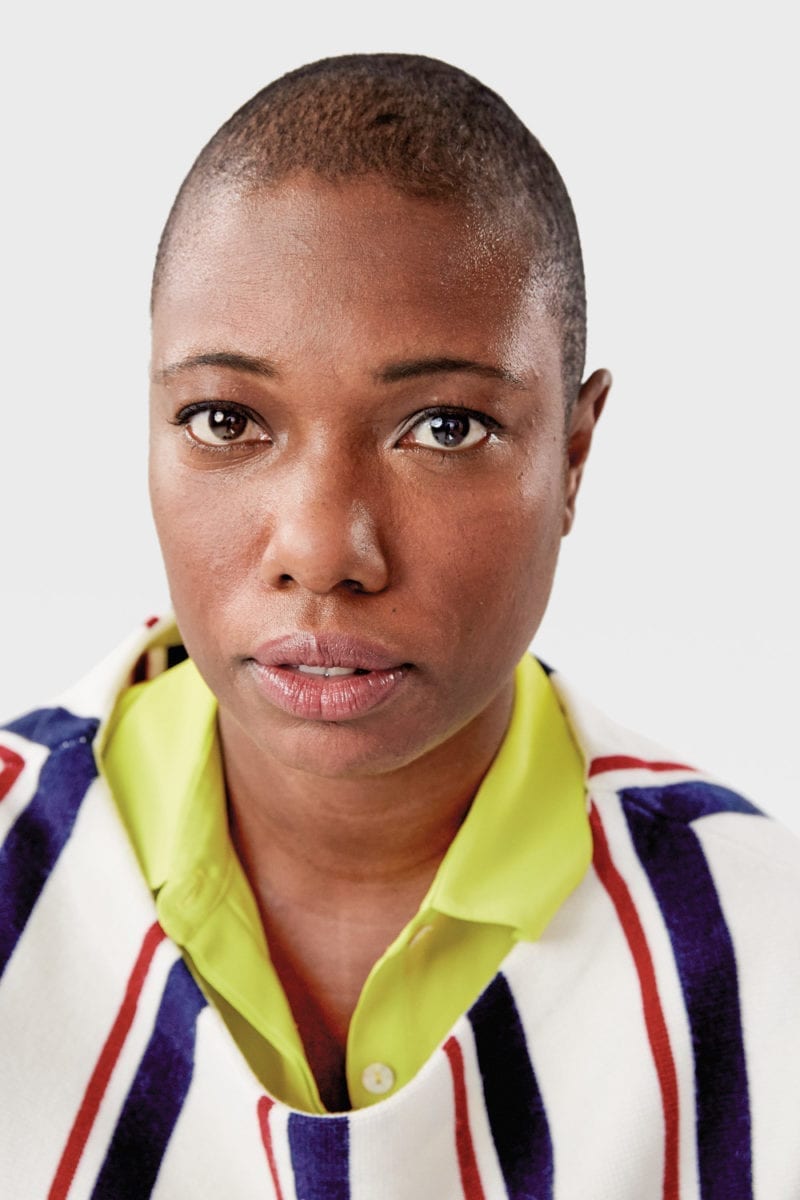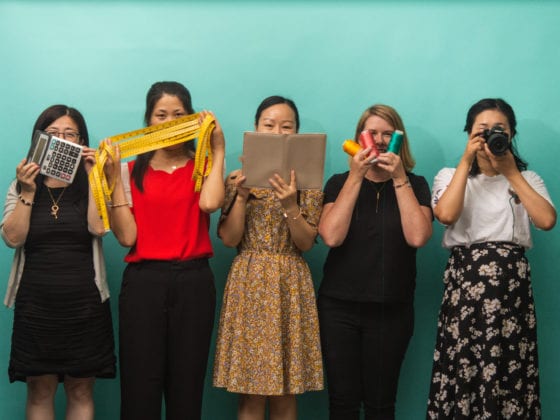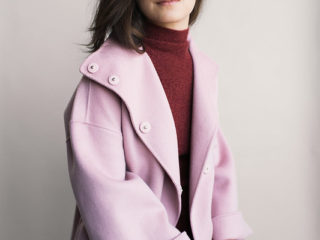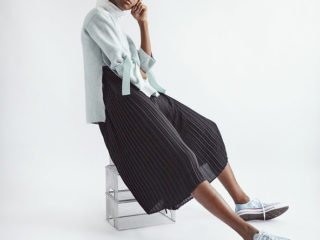“She’s well-read and likes school? She wants to be white, doesn’t she?”
“You go to therapy? Girl, that’s for white people!”
“Be careful not to upset her. You know Black women can’t control their anger.”
As a Black woman in the South, I am no stranger to stereotypes. I come face-to-face with stereotypes on a regular basis as people attempt to sort me into a box that makes them feel comfortable. Stereotypes and I meet again every time I make assumptions about others and use bias to shift my world into one that makes sense for me.
Now, this is not to say that Black women have a monopoly on being stereotyped. It happens to everyone, and I’m even willing to wager that most people have also been on the giving end of stereotypes, as well.
According to Merriam-Webster, a stereotype is defined as “a standardized mental picture that is held in common by members of a group and that represents an oversimplified opinion, prejudiced attitude or uncritical judgment.”
Stereotypes, while common, have not proven to be beneficial throughout history. (Think the Jim Crow laws, Nazi Germany and Japanese internment camps.) Unfounded assumptions become the basis for the identities of entire groups of people, reducing them to the pictures we have crafted in our minds. We craft storylines of people’s lives based on a brief, cursory glance—disregarding that things and people are not always as they appear to be at surface level.
Why do we make assumptions? Why do we stereotype? Why do we write narratives in our heads about people instead of allowing them to me the authors of their own scripts?
Here are some important things to remember when challenging stereotypes:
1. Stereotypes are a pursuit of comfort and ease.
When you are close-minded, there’s no desire for true understanding. Therefore, you don’t put in effort to get to know people (aka the work required to tear down a stereotype). If you never tear down the walls of your assumptions, then you never have the opportunity to see the humanity of others—both the good and the bad.
If you never tear down the walls of your assumptions, then you never have the opportunity to see the humanity of others.
While there may not be any ill intent, stereotypes are often born out of convenience and the unwillingness to do the work to seek to truly understand people who are different from ourselves. Who doesn’t like comfort and ease? Who doesn’t want to avoid a mess?
We want things to make sense. We want simplicity, especially as we navigate an extremely difficult world. We assume. We label. We typecast. All because it’s easier, and we save ourselves the time and energy of wading in the deep layers of learning people’s stories.
2. Community breaks down stereotypes.
Stereotypes exist outside of genuine community. When you seek true connection with the people around you—the people who don’t think, believe or look like you—things get complicated. In community, you quickly learn that every person is a multifaceted, nuanced human being.
People are not meant to be categorized or swept up in broad generalizations. Relying on stereotypes to define other people only keeps you an arm’s length away from friends, family, coworkers, neighbors and acquaintances.
People are not meant to be categorized or swept up in broad generalizations.
3. Listen to better understand others.
Author Brené Brown said, “In order to empathize with someone’s experience, you must be willing to believe them as they see it and not how you imagine their experience to be.”
This, I have learned, is the hard truth. If you hope to connect with another person and understand who they are, then you have to be open to hear their why. You have to rip off the easy and comfortable labels you’ve created for them based on your own perceptions.
If you hope to connect with another person and understand who they are, then you have to be open to hear their why.
Allow them to share their stories. To challenge the stereotype, you must be willing to lean into connection and listen to understand. In doing so, you may find that many of your assumptions were correct, and that’s OK. In fact, it’s good!
When you intentionally tear down preconceived notions and seek to listen and learn with an empathetic ear, you might just find that the person in front of you—the one you labeled—is far more kind, more likable, more profound and more like you than you could have ever imagined.
Have you ever stereotyped or labeled a group of people? Can you pinpoint where that label originated?
Image via Melanie Acevedo, Darling Issue No. 11










